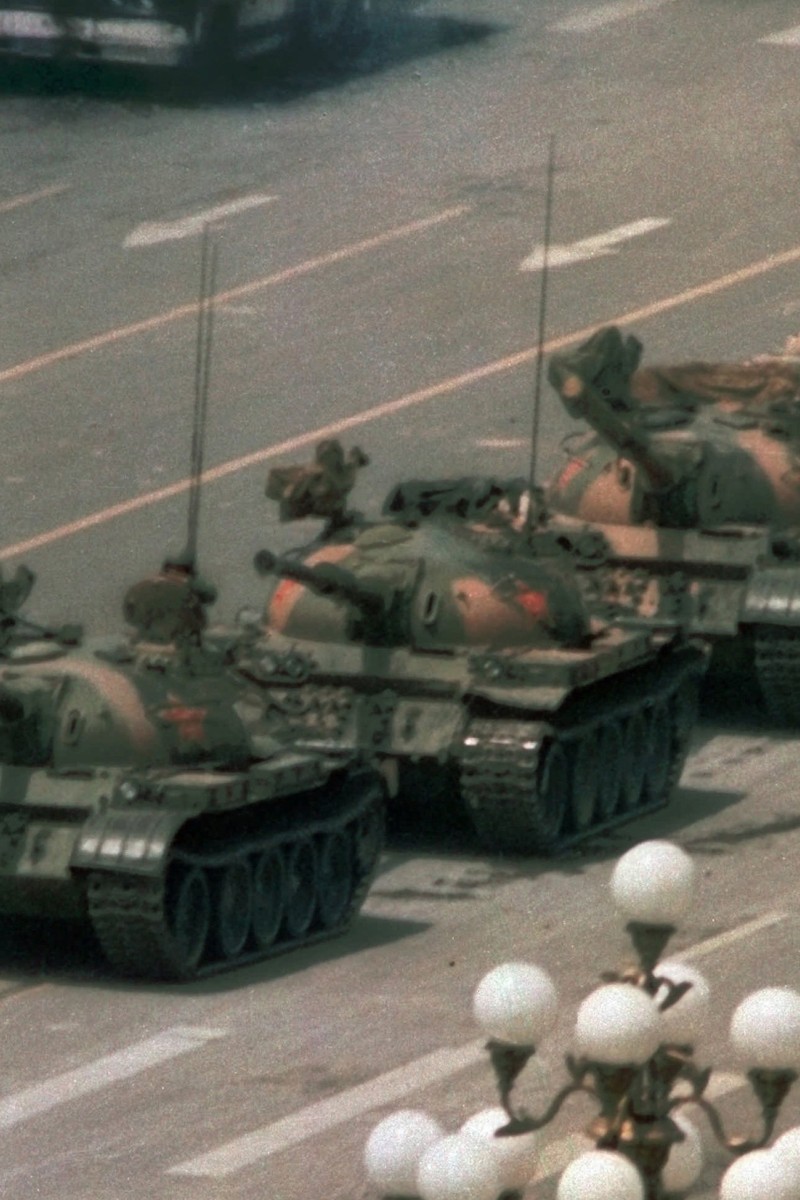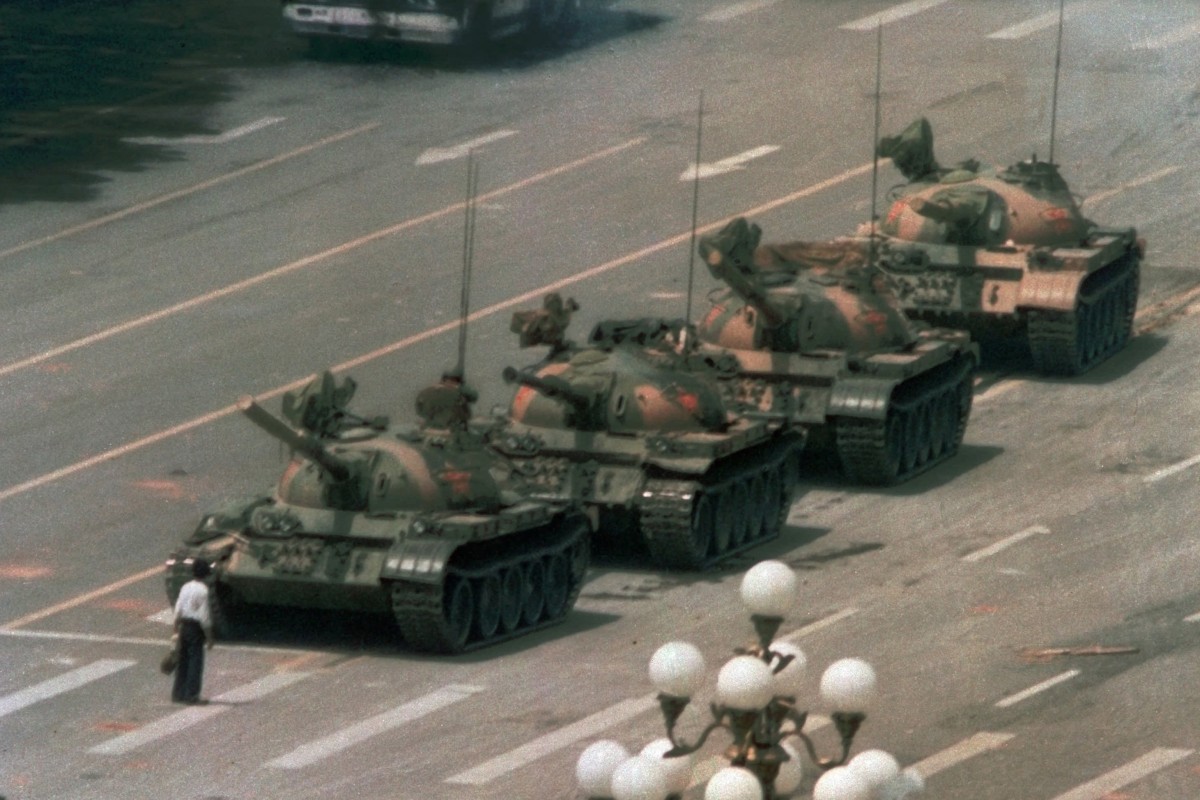
Face Off: Should a country apologise for its past wrongdoings?
Each week, two of our readers debate a hot topic in a parliamentary-style debate that doesn’t necessarily reflect their personal viewpoint. This week …
 The 1989 Tiananmen crackdown was a dark event in Chinese history.
The 1989 Tiananmen crackdown was a dark event in Chinese history.Amber Kwok, 15, Renaissance College
As a born-and-bred Hongkonger, I don’t have to even think about how to answer this question, or about what historical cases to bring up. What better example is there than that of our own city, and its colonial history? When Britain took our lands, our rights, and
our culture for their own? Don’t forget about the segregation between our races, either; 90 per cent of the population was Chinese, and yet our voices were silenced. It has not been so long since the 1997 handover that these crimes can be forgiven. My parents lived under this tyranny. My grandparents and your grandparents endured the worst of it all.
“If Japan goes to war, there is not the slightest chance of holding Hong Kong or relieving it.” Then-British Prime Minister Winston Churchill said this on January 7, 1941 upon hearing about Japan’s push into the British colony during World War II. “I wish we had fewer troops there … It is most unwise to increase the loss we should suffer.” In short, he didn’t think it was worth trying to safeguard the city at the cost of the lives of British soldiers.
Britain took our resources, cheated our people into opium addiction during the Opium Wars, and took over our ports and trade. In Hong Kong’s hour of need, though, they stood by and watched as colonial officials surrendered to the invading Japanese forces on December 25, 1941. The occupation lasted for three years and eight months, and life was very hard during that time. Soldiers would assault Chinese women all the time, and many more men and women were tortured. It is our duty to our ancestors to remember their pain.
There are a many more years of injustice felt by Hongkongers that I have yet to mention, but I don’t think I need to – from what I’ve mentioned already, it is clear that it would be shameful of Britain to pretend that their history is not a bloody one. An apology is the least they could give us, given the deaths of so many Chinese people and the marring of our culture.
Angelina Wang, 17, Chinese International School
Over the course of human history, there are been countless instances of injustice that have occurred between countries. And, even after time passes, those scars inevitably remain. This begs the question of whether a country should apologise for its past wrongdoings. I believe this is not always the case.
Today’s generation cannot and should not be held accountable for the behaviour of their predecessors. The idea that people should be held responsible for crimes their ancestors have committed is flawed. In these situations, statements of regret
may be more appropriate, as they avoid holding themselves accountable for another’s crimes.
Apologies are costly. They aren’t just a speech by a nation’s leader, they’re about monetary compensation, educational policies, commemoration policies, cultural sites, and memorial days. This is compounded by the fact that, in most conflicts, the lines of who exactly was wronged are often blurry. For example, Turkey was asked to apologise for the Armenian genocide from 1915-1917, but Turkey was only established as a republic in 1923. Politically, then, Turkey is not the same party who inflicted harm upon Armenia. From a certain perspective, an apology is not warranted.
Apologies can be controversial, too, and potentially worsen international relations. In wars, both countries suffer tremendously. After a war, people on both sides believe they deserve an apology for the various wrongs done by the other.
Both sides are quick to criticise their leader for apologising or for accepting an “insufficient” apology, thus creating further tension.
This issue is a complex one. Whether a country should apologise for its past misdeeds depends on the social and political situation. Given that apologies can be flawed, costly, and controversial, perhaps the best thing that could be done is to tactfully acknowledge the past and promise to learn from it, and not wallow in guilt and resentment.
Edited by Ginny Wong
You might also like:
Face Off: Is going to the Tiananmen June 4 vigil as significant as it used to be?
